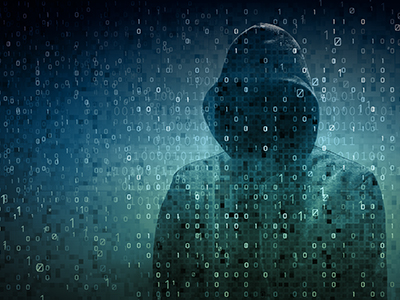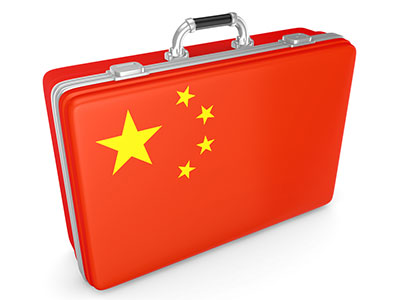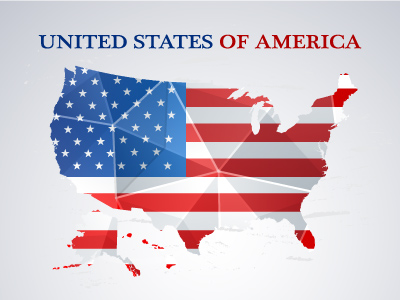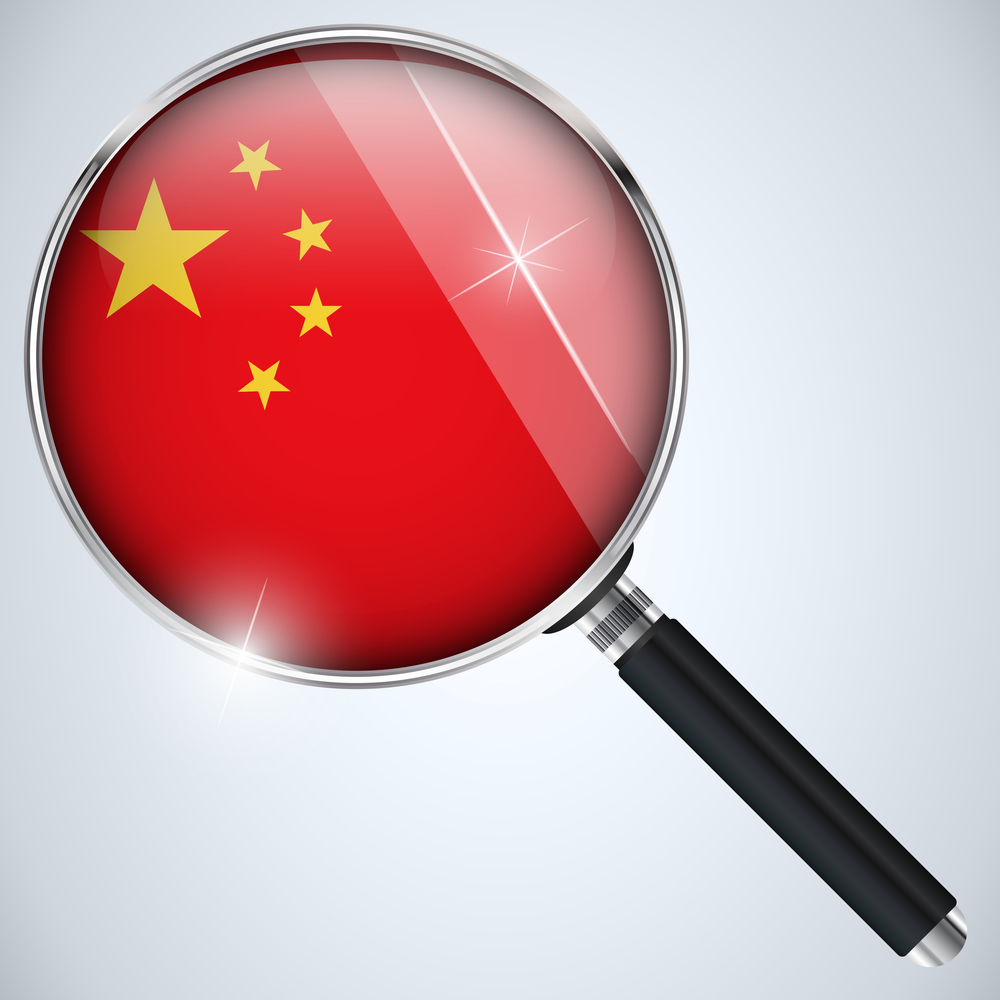The United States Court of Appeals for the Fifth Circuit recently revisited the issue of the Copyright Law preemption of trade secrets claims in Spear Marketing, Inc. v. Bancorpsouth Bank. The decision not only resolved the scope of Copyright Law preemption in the Fifth Circuit, but also made clear that the Fifth Circuit “join[s] the majority position” to hold that state law claims based on ideas fixed in tangible media are preempted by §301(a). The decision creates greater clarity and uniformity in Copyright Law preemption and should help litigants avoid wasting resources by filing actions based on state law claims that are preempted. READ MORE
Fifth Circuit Revisits Copyright Preemption of Trade Secret Law











